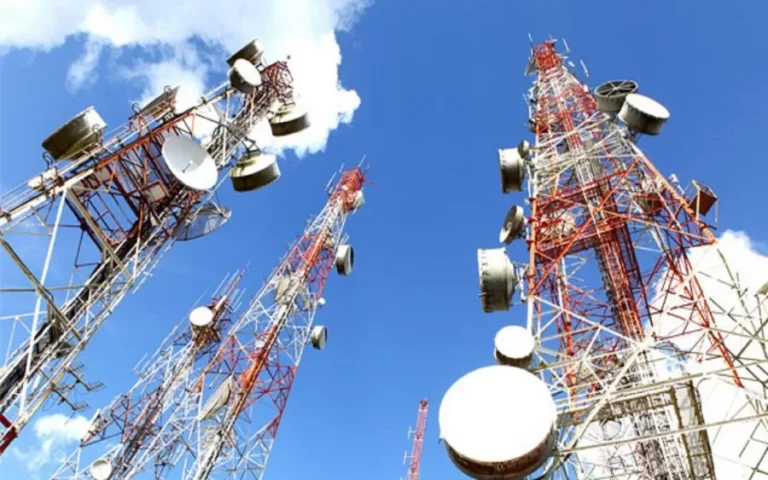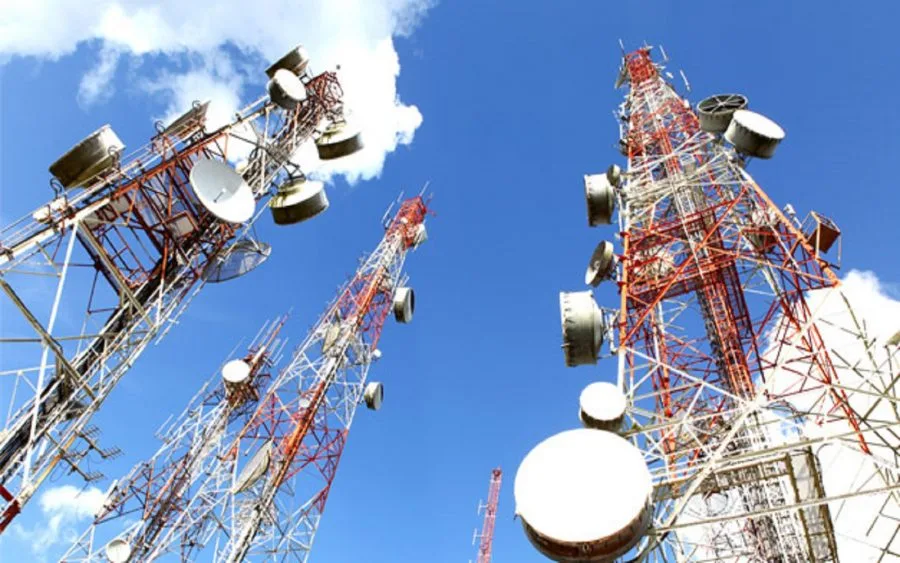
Telecom in Nigeria recorded a 537.26 per cent increase in foreign direct investment (FDI) to £304.99 million in early 2024, but experts warn this isn’t enough to address investment gaps.
The naira’s decline following forex reforms has led to losses for Airtel Africa and MTN Nigeria, highlighting the need for urgent reforms.

In Nigeria’s telecommunications sector, foreign direct investment (FDI) surged by 537.26 per cent in the first half of 2024, reaching $304.99 million, the highest level in seven years.
However, experts caution that this growth does not sufficiently address the investment gaps that hinder the sector’s profitability.
Moreover, this increase comes amid economic instability, particularly following the Central Bank of Nigeria’s unification of the foreign exchange market in 2023, which saw the naira’s value plummet from ₦471 to ₦1,603.16 to the dollar.
This volatility has resulted in significant losses for major operators like Airtel Africa and MTN Nigeria, who together faced ₦1.29 trillion in foreign exchange losses.
For instance, MTN reported its first loss since its 2019 stock exchange listing, declaring a ₦137 billion loss for 2023 and ₦519.1 billion after tax for the first half of 2024.
In response, telecom companies are reducing capital expenditure as rising operational costs outpace revenue growth.
Furthermore, they are advocating for a review of tariffs, arguing that increased pricing could attract investment and restore profitability.
Nevertheless, the government remains hesitant to implement tariff hikes due to their potential impact on consumers.
As a result, as the sector grapples with these challenges, the future will depend on the interplay between regulation, investment, and market conditions.